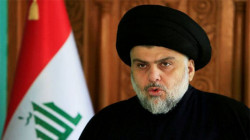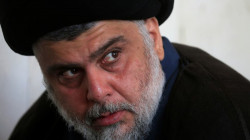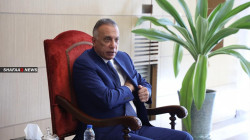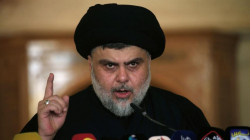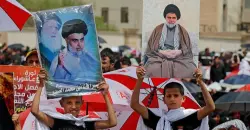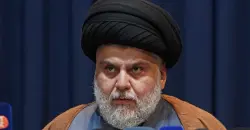Al-Sadr reveals his position from Al-Kadhimi's changes in the public office
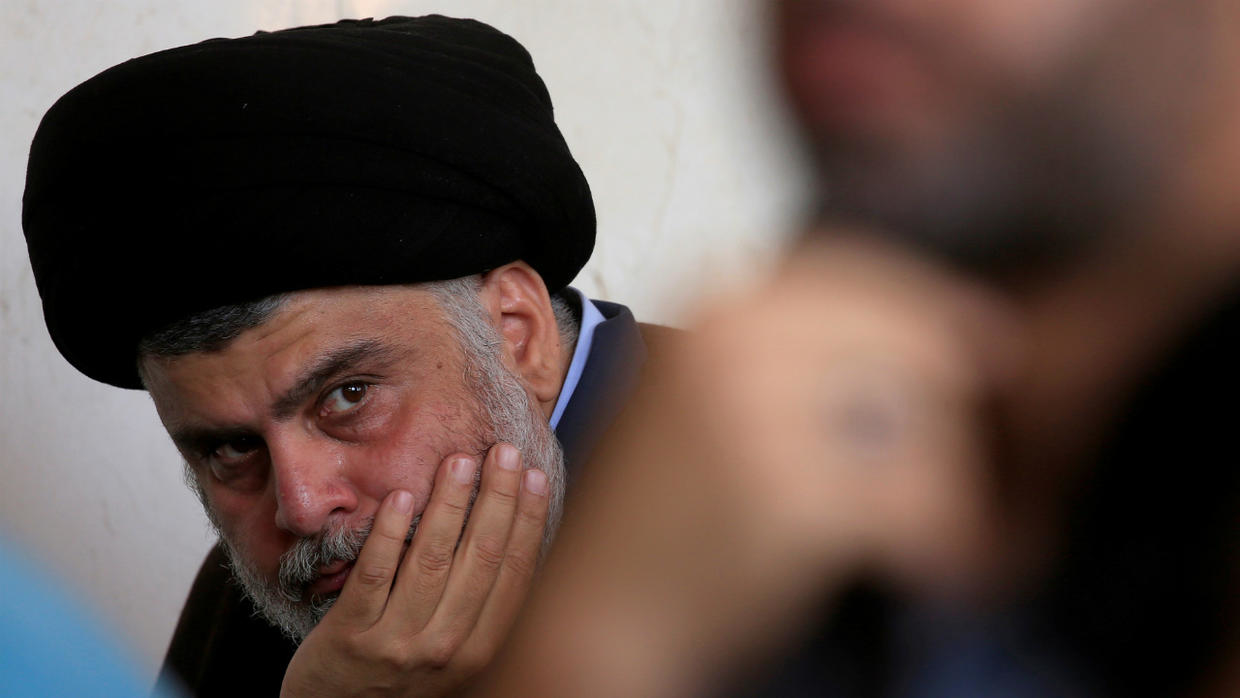
Shafaq News / The leader of the Sadrist movement, Muqtada al-Sadr announced on Monday, his rejection of the changes in the official positions that were made by Prime Minister, Mustafa Al-Kadhimi.
Saleh Muhammad al-Iraqi said in a post, quoting al-Sadr, "we are disappointed. We returned to quota system, corrupts' control, weakening the state and its services, security and governmental institutions".
"I repeat...we are disappointed. If the corrupt people are not prosecuted and those quotas canceled, then we are for them and nothing will intimidate us. We kneel for nobody except for God", he reiterated.
Al-Iraqi continued quoting Al-Sadr, "The brothers in Sairoon have to do the righteousness immediately. Otherwise, we will disown everyone".
Before that, the leader of the Al-Fatah Alliance, Hadi Al-Amiri, had distanced himself from Al-Kadhimi's changes, as he was not aware of it.
Al-Amiri added that Al-Fatah wants two things from this government, "The first is to schedule the withdrawal of US forces as soon as possible, and the second is to restore the prestige of the state and create the appropriate conditions for holding free, just and fair elections away from the influence of money and weapons".
Earlier Monday, an informed source told Shafaq News Agency that Al-Kadhimi had made major changes to high-ranking positions in the state, as Mustafa Ghaleb Makhaif Al-Kitab was appointed as governor of the Central Bank, Suha Dawood Elias Al-Najjar as head of the National Investment Commission, Salem Jawad Abdul Hadi Al-Chalabi as Director of the Iraqi Governmental Trade Bank (TBI) and Faisal Al-Haims as Chairman of the Securities Commission.
The changes also included the appointment of Engineer Manhal Aziz Raouf Al-Haboubi as Secretary of Baghdad, Sheikh Sami Al-Masoudi as head of Hajj and Umrah Authority and Alaa Jawad Hamid as head of the Integrity Commission.
Since the formation of the Al-Kadhimi's government last May, it has made sweeping changes at the level of state officials, especially security leaders and administrative officials.
